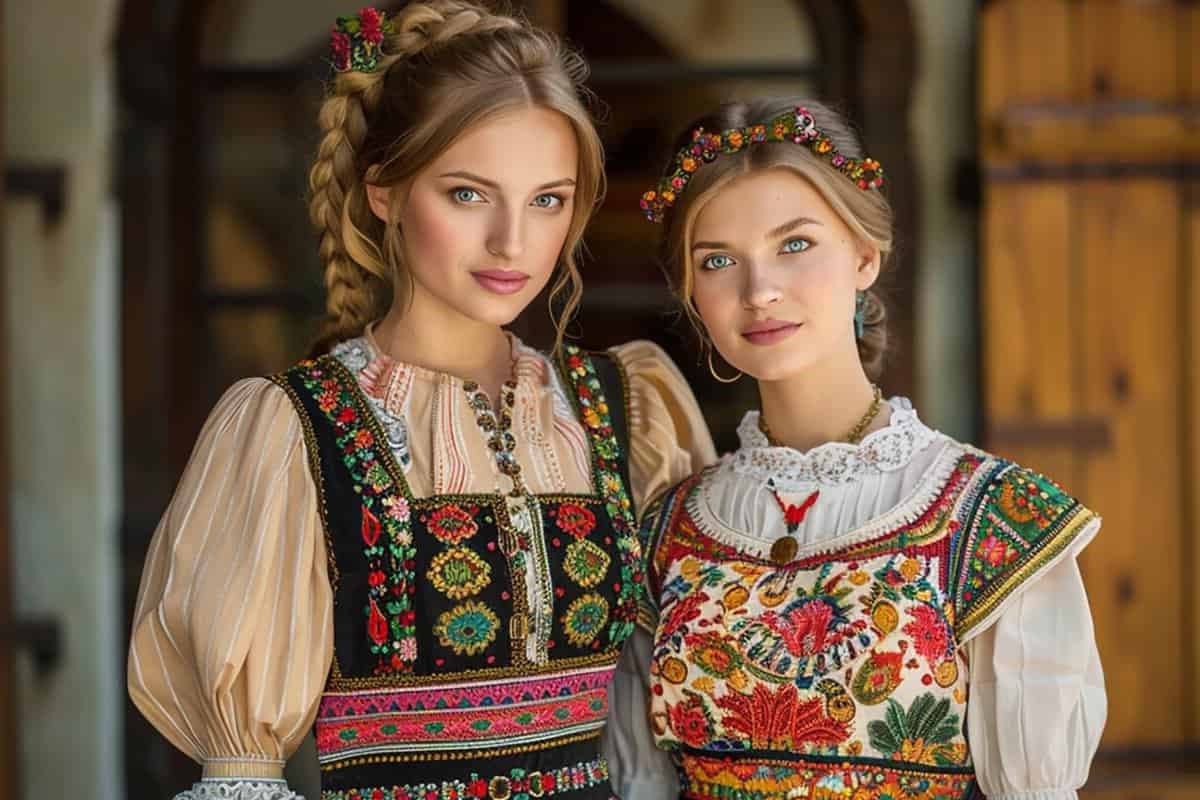Secrets Of Polish Traditions Only Insiders Know

Poland, a country rich in history and culture, has many traditions that might surprise you. From unique holiday customs to everyday practices, Polish traditions offer a glimpse into the heart of this vibrant nation. Have you ever wondered why Poles celebrate Christmas Eve with a special dinner or why they pour water on each other during Easter? These customs, deeply rooted in history, bring families together and keep the spirit of community alive. Join us as we uncover some of the most intriguing Polish traditions that only insiders know. You might find yourself wanting to experience these unique customs firsthand!
Traditional Polish Cuisine
Polish cuisine is rich, hearty, and full of flavor. Many dishes have been passed down through generations, each with its own unique twist. Here are some traditional foods you must try.
Pierogi: These dumplings can be filled with various ingredients like potatoes, cheese, meat, or even fruits. They are often boiled and then fried for a crispy finish.
Bigos: Known as hunter's stew, this dish combines sauerkraut, fresh cabbage, various meats, and mushrooms. It's a winter favorite.
Żurek: A sour rye soup often served with sausage and a boiled egg. It's a staple during Easter but enjoyed year-round.
Gołąbki: Cabbage rolls stuffed with a mixture of rice, meat, and spices, then baked in a tomato sauce.
Unique Polish Festivals
Poland's festivals are vibrant and deeply rooted in tradition. They offer a glimpse into the country's rich cultural heritage.
Wianki: Held during the summer solstice, this festival involves floating wreaths on water and jumping over bonfires. It's a celebration of love and nature.
Dożynki: The harvest festival where locals give thanks for a bountiful crop. Expect traditional music, dancing, and plenty of food.
Śmigus-Dyngus: Celebrated on Easter Monday, this playful event involves people splashing each other with water. It's believed to bring good health and prosperity.
Polish Folk Art and Handicrafts
Polish folk art is colorful and intricate, reflecting the country's history and traditions. These crafts make perfect souvenirs or gifts.
Wycinanki: Traditional paper cutouts that are often symmetrical and feature floral or animal designs. They are used to decorate homes.
Bolesławiec Pottery: Known for its blue and white patterns, this pottery is both functional and beautiful. Each piece is hand-painted.
Pisanki: Decorated Easter eggs that are intricately painted or dyed. Each region has its own style and technique.
Traditional Polish Music and Dance
Music and dance play a significant role in Polish culture. They are often performed during festivals and special occasions.
Polonez: A stately dance that dates back to the 16th century. It's often performed at formal events and weddings.
Mazurka: A lively dance in triple meter, characterized by its strong accents on the second or third beat. It's a favorite at folk festivals.
Krakowiak: Originating from Kraków, this fast-paced dance involves intricate footwork and is usually accompanied by lively music.
Polish Holiday Traditions
Holidays in Poland are celebrated with unique customs and rituals that have been preserved for centuries.
Wigilia: Christmas Eve dinner is the most important meal of the year. It begins when the first star appears in the sky and features 12 meatless dishes.
Święconka: On Holy Saturday, baskets of food are taken to church to be blessed. The baskets usually contain bread, eggs, sausage, and salt.
Andrzejki: St. Andrew's Eve is a night of fortune-telling and games, especially for young women hoping to learn about their future husbands.
Polish Legends and Folklore
Poland's legends and folklore are filled with mythical creatures, heroic deeds, and moral lessons. These stories have been told for generations.
The Wawel Dragon: According to legend, a dragon once terrorized the city of Kraków. It was defeated by a clever shoemaker who fed it a sheep filled with sulfur.
The Basilisk of Warsaw: This creature lived in the cellars of Warsaw and could kill with a single glance. It was eventually defeated by a brave tailor.
The Lajkonik: A mythical figure dressed as a Tatar warrior who parades through Kraków every June. It's a symbol of the city's resilience and spirit.
Embracing Polish Traditions
Polish traditions offer a rich tapestry of history, culture, and community. From Wigilia dinners to Dyngus Day celebrations, these customs bring people together in unique ways. Participating in these traditions, whether you're visiting Poland or celebrating at home, provides a deeper understanding of Polish heritage.
Learning about Polish folklore and festivals can be a fun and enriching experience. It’s not just about the events themselves but the stories and values they represent. These traditions have been passed down through generations, keeping the spirit of Poland alive.
So next time you encounter a Polish celebration, take a moment to appreciate its significance. Whether it’s sharing a pierogi or joining in a Polish dance, you’re not just participating in an event; you’re becoming part of a living tradition.

